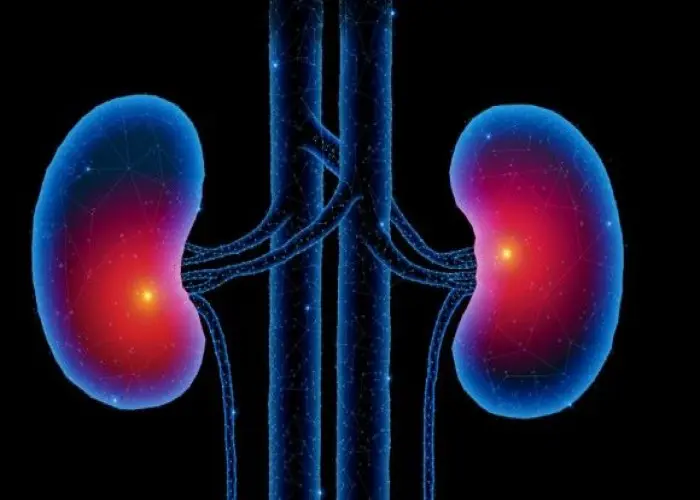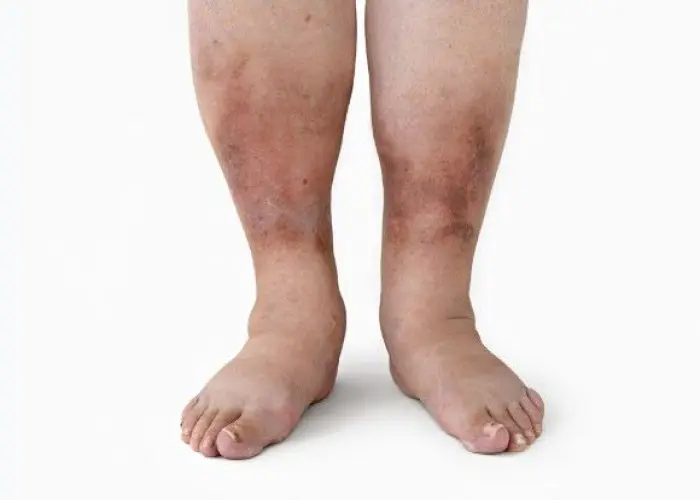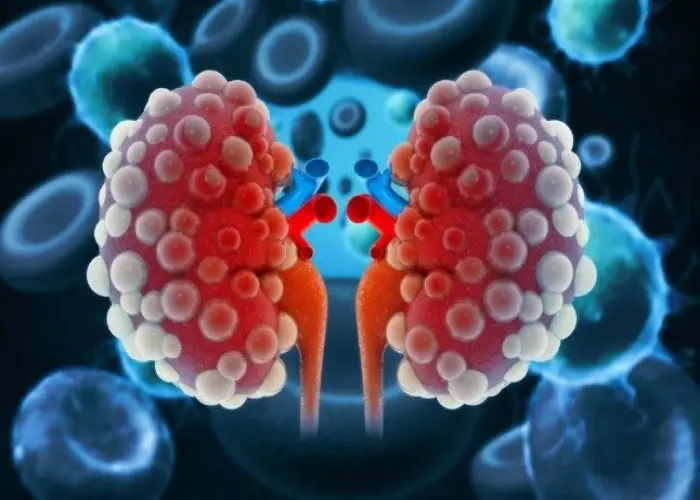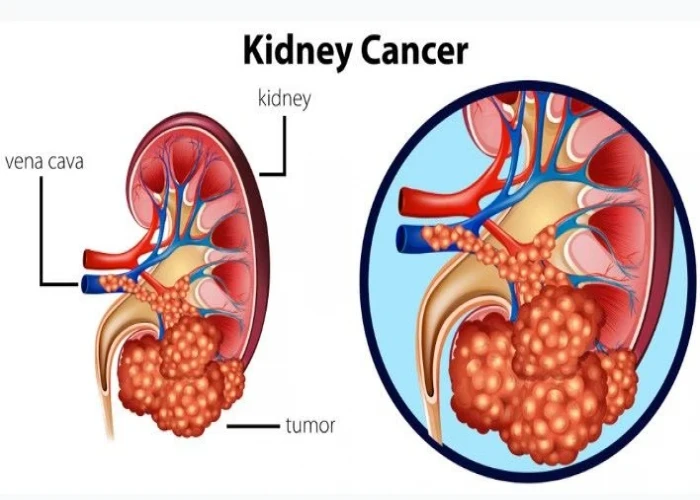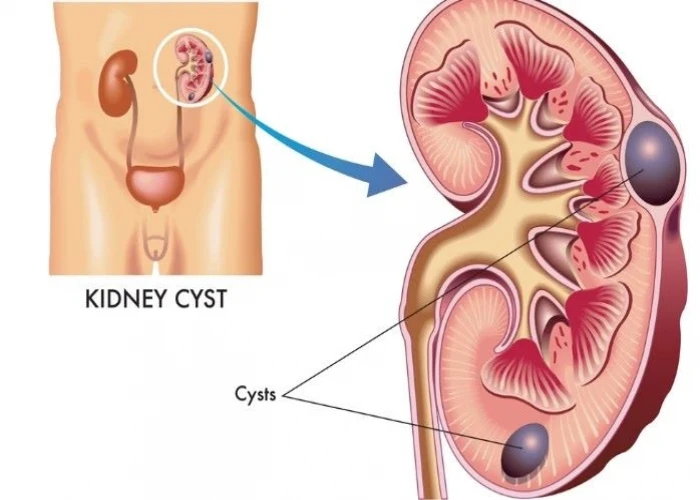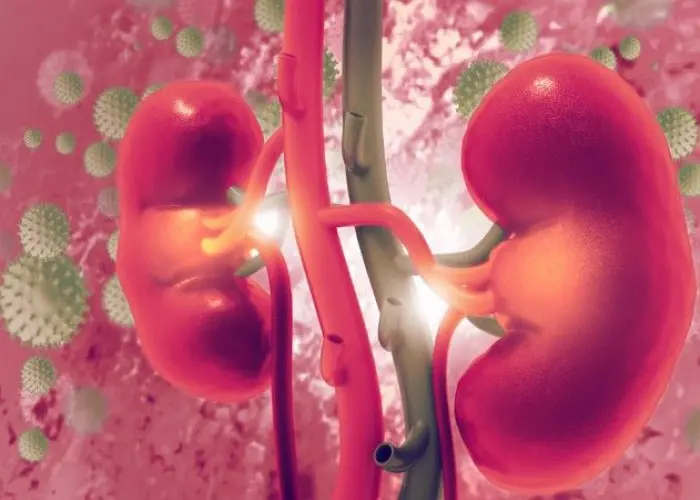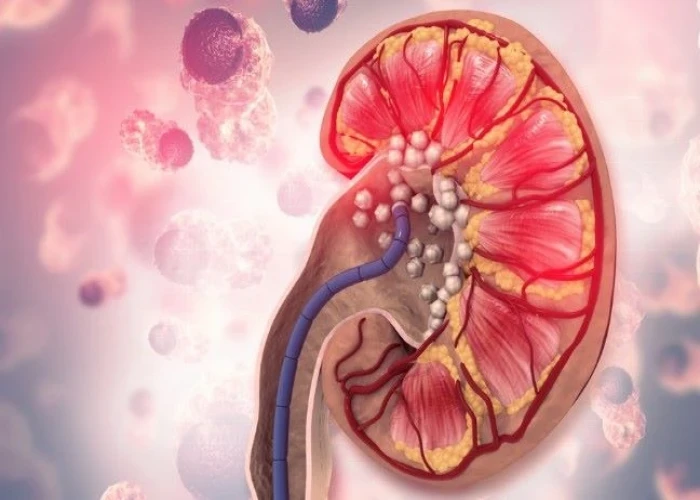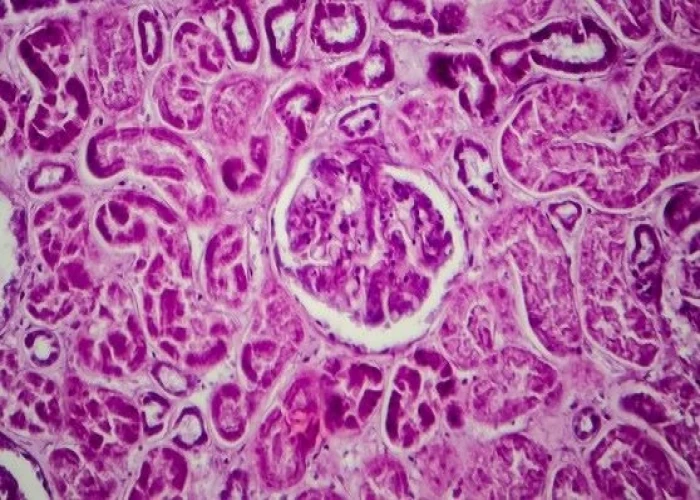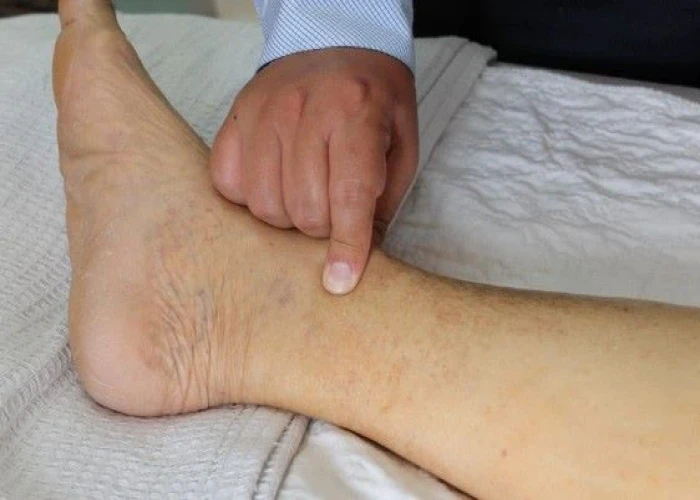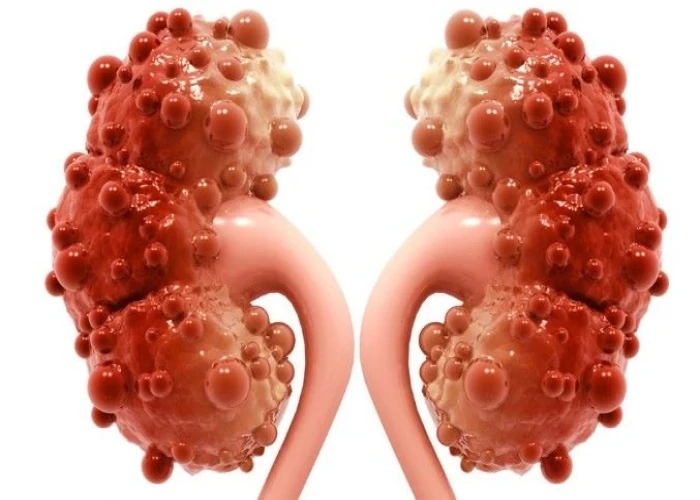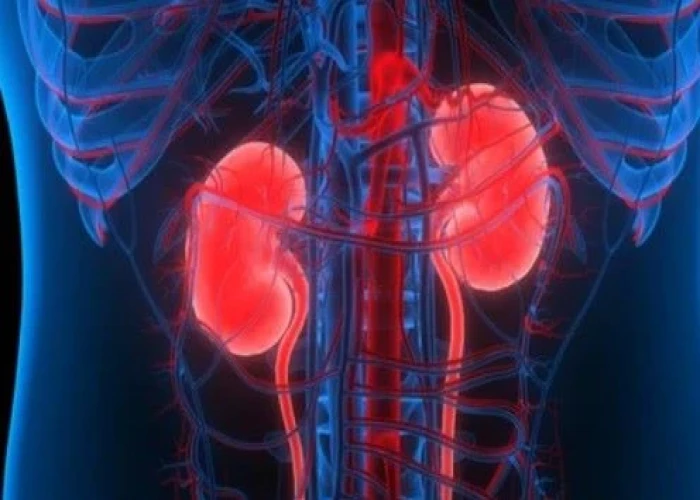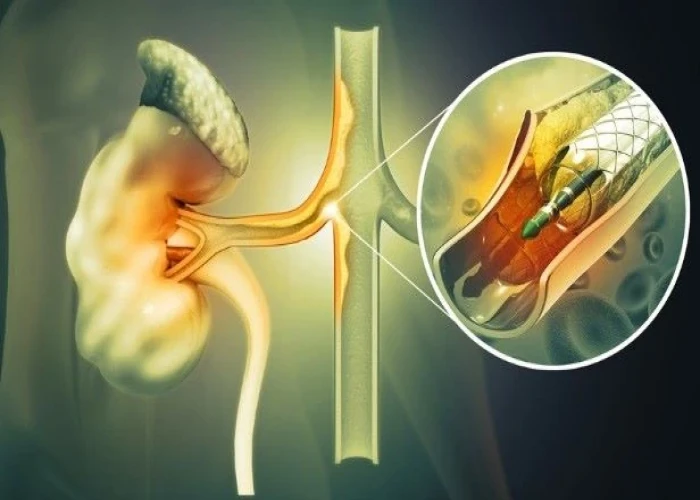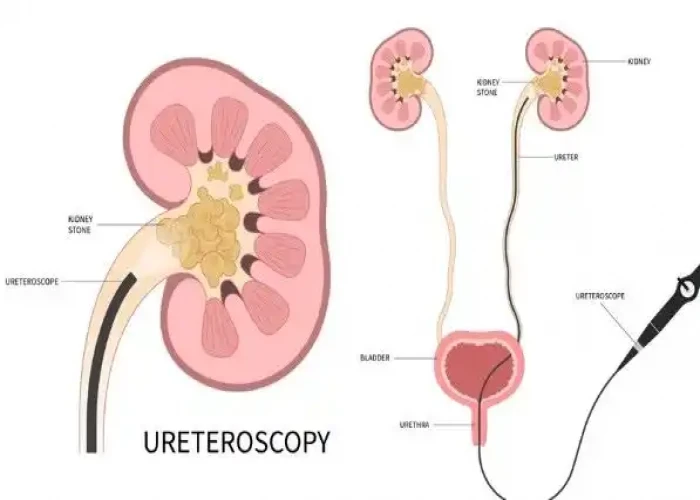 Welcome
Welcome
“May all be happy, may all be healed, may all be at peace and may no one ever suffer."
- A
- B
- C
- D
- E
- F
- G
- H
- I
- J
- K
- L
- M
- N
- O
- P
- Q
- R
- S
- T
- U
- V
- W
- X
- Y
- Z
Kidneys - Diseases
The kidneys are a pair of bean-shaped organs located in the back of the abdomen, on either side of the spine. They play a crucial role in maintaining the body's fluid and electrolyte balance, as well as filtering and eliminating waste products from the blood.
The kidneys receive blood from the renal arteries and filter it through millions of tiny units called nephrons. The nephrons remove excess water, salts, and waste products, such as urea and creatinine, from the blood and excrete them as urine.
The kidneys also play a role in regulating blood pressure, producing hormones that stimulate the production of red blood cells, and activating vitamin D for bone health.
Various factors can affect the function of the kidneys, such as diabetes, high blood pressure, infections, and autoimmune disorders. Symptoms of kidney disorders may include fatigue, swelling, changes in urine output, and high blood pressure.
Treatment for kidney disorders may include medications, dietary changes, and, in severe cases, dialysis or kidney transplant. Maintaining a healthy lifestyle, including regular exercise and a balanced diet, can help support the health of the kidneys and reduce the risk of kidney disorders.

Leg
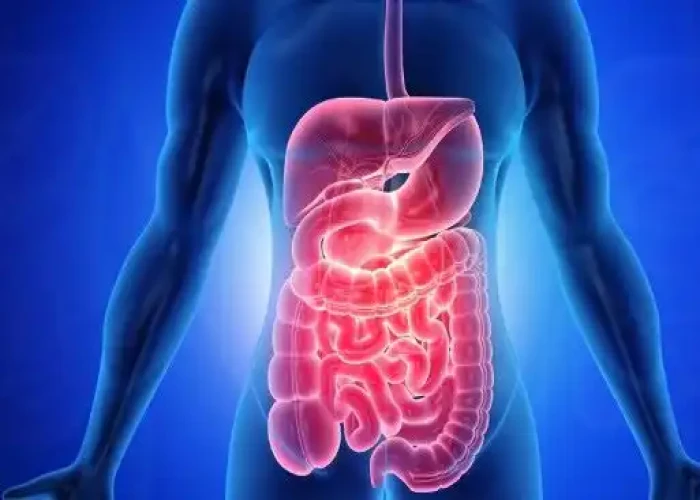
Jejunum intestine

Finger
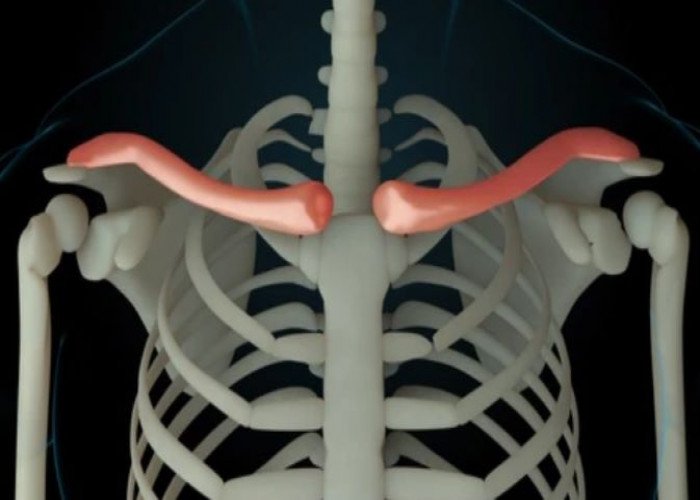
Collarbone
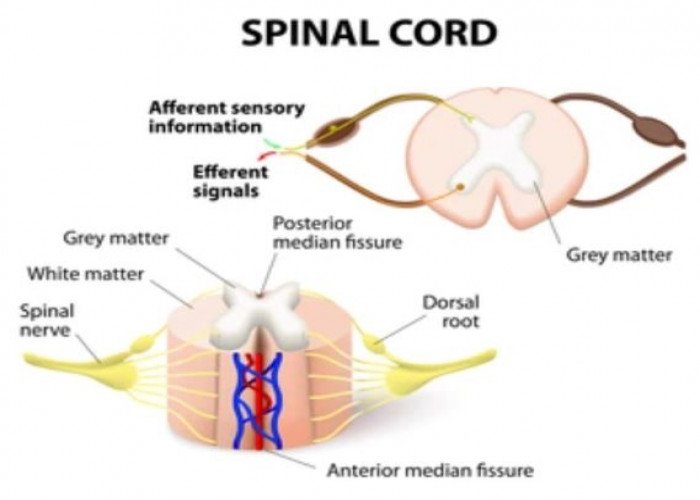
Spinal cord

Thymus
Muscles of breathing
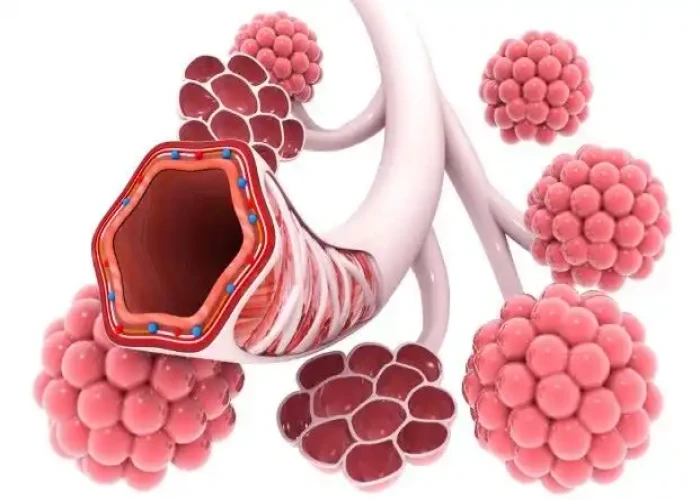
Bronchioles and smaller air passages
Kidneys, Nephrology, কিডনি
To be happy, beautiful, healthy, wealthy, hale and long-lived stay with DM3S.

